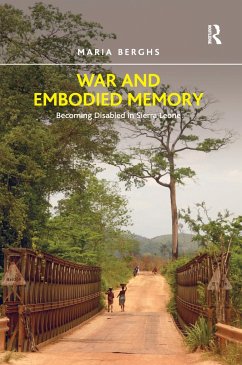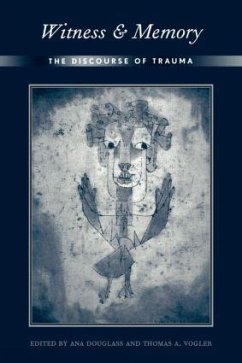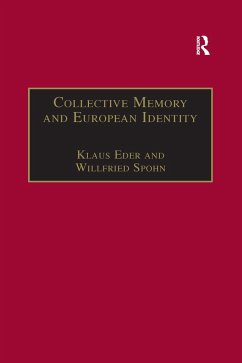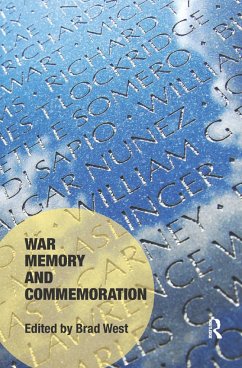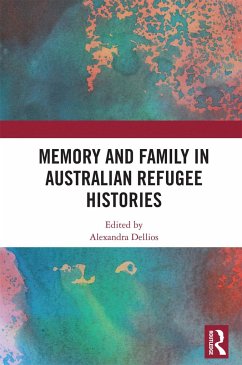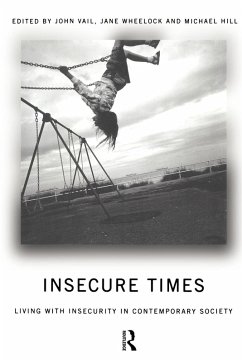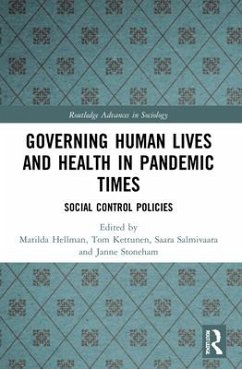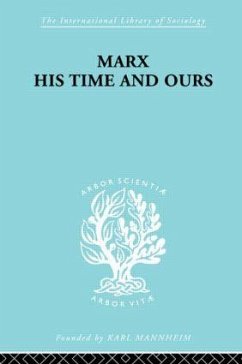
Memory and Recovery in Times of Crisis
Versandkostenfrei!
Versandfertig in 1-2 Wochen
55,99 €
inkl. MwSt.

PAYBACK Punkte
28 °P sammeln!
This book presents a social scientific reading of the challenges of memory and recovery in times of crisis. Using lenses of economics, identity and commemoration, it questions how memory and recovery is being constituted through larger discourses of political claims of moving forward, healing, and identity.





